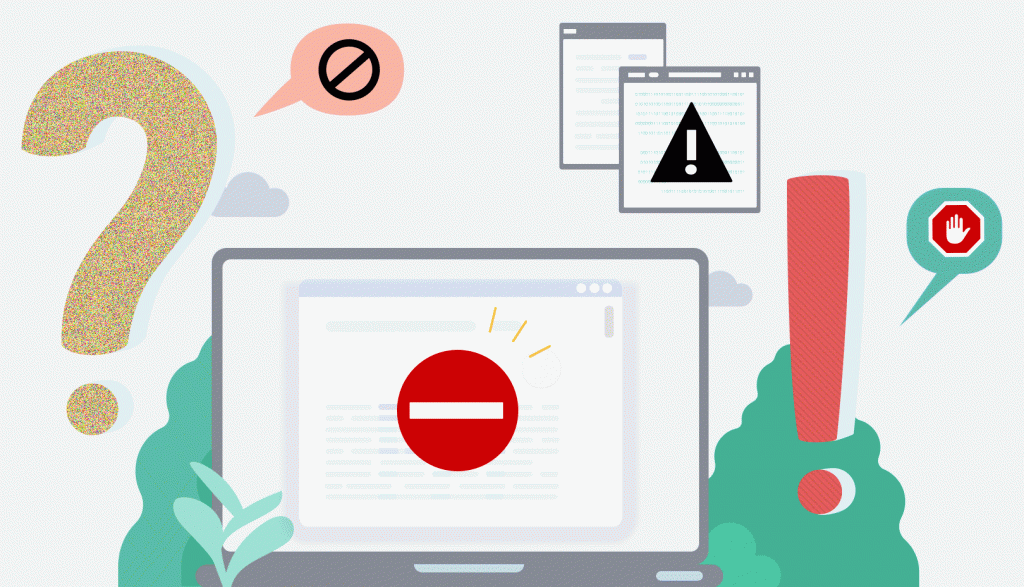
Millennials, Gen Z and males are the most vulnerable groups for tech support scams
Knowledge is the best defence
Tech support scams affect people all around the world. For years, consumers have been tricked into handing over control of their computers and personal information to scammers, who peddle false security software and services over the phone.
Today, scam artists have evolved, using more sophisticated tactics to target users online via phishing (fake) emails, false websites, and pop-up windows to gain access to a person’s computer.
In addition to stealing personal and financial information, scammers also install malicious software and con people out of hundreds of dollars for fake tech support to fix fraudulent computer problems.
Each month, Microsoft receives about 11,000 complaints from people across the globe who have been the victim of a tech support scam with fraudsters pretending to be from a number of reputable tech companies.
To scope this problem globally, in 2016 Microsoft commissioned a survey to help determine the impact of tech support scams. Now, a new updated survey has been carried out, having been expanded to 16 countries – Australia, Brazil, Canada, China, Denmark, France, Germany, India, Japan, Mexico, New Zealand, Singapore, South Africa, Switzerland, the United Kingdom and the United States – to study these tech support scams and their impact on consumers.
A global problem
Tech support scams are a problem worldwide, with three out of five people having experienced one in the past year, and one in five losing money to fraudsters.
In Europe, Denmark had the highest percentage of respondents who lost money to scams, with 7 percent – compared to the UK (6 percent), and Germany and France (both with 4 percent.)
The global average for respondents who lost money to tech support scams, is 6 percent, with India ranking highest at 14%.
To help combat these scams, Microsoft’s Digital Crimes Unit (DCU) is fighting against this wave of cybercrime in three ways:
- Using a data-driven approach to investigate tech support fraud networks and refer cases to law enforcement as appropriate,
- Strengthening Microsoft products and services to better protect consumers from various fraudulent tactics, and
- Educating consumers about how to stay safe online.
Juan Hardoy, who leads Microsoft’s Digital Crimes Unit for Europe, the Middle East and Africa, states that “This is an industry-wide issue. Microsoft partners with several tech leaders on efforts to educate, disrupt and enforce against technical support scams. We provide a range of advisories and resources to help consumers who encounter this type of crime. Microsoft’s Digital Crimes Unit partners with law enforcement agencies around the world to disrupt the criminal enterprises behind these crimes.”
A recent example of this collaborative approach and shared responsibility between industry and governments in Europe was illustrated in a Declaration of Intent last Spring, spearheaded by the Dutch Government and Dutch Public Prosecutor’s Office, along with a dozen private organizations to join forces as a public-private partnership, in the fight against international helpdesk fraud.
The Declaration of Intent is a demonstration of Microsoft’s commitment to collaborating with other industry and public partners through both technical and financial measures to disrupt and prevent fraudulent practices.
Surprising results
If you were asked to pick the most vulnerable demographic to tech support scams, chances are your answer would lean towards the older generation. Traditionally, the elderly have less experience/knowledge of technology, and could therefore be more at risk of falling victim to these scams.
Microsoft’s survey results, however, show that Gen Z, millennials and males are the most vulnerable to tech support scams – a surprising revelation, given that the younger generation is, on the whole, more digitally savvy. This, however, appears to be the cause of their overconfidence and false sense of security – these groups are the most likely to lose money after continuing an interaction with scammers.
These demographics, the results show, engage in riskier online behavior such as visiting torrent sites, have a greater familiarity with technology companies than older generations, and are potentially hurt by overconfidence in their device and web expertise.
The highest risk to Gen Z, millenials and males are pop-up ads/windows, while millennials and males are the two demographics most likely to lose money. Telephone tech support scams, on the other hand, are the one area experienced more by older consumers, than by younger internet users. This supports the potential link between familiarity, trust, and ultimately, susceptibility to scams.
Millennials and Gen Z were also found to be more trusting than older generations of reputable companies making unsolicited contact. This trust may result from a lack of experience or naivete, as well as differing expectations among those more familiar with technology companies than older generations.
“Generation Z and millennials are digital natives, having grown up surrounded by more technology than previous generations,” says Hardoy. “The internet and technology are innate to their daily lives and they have developed an expertise and acceptance that can sometimes prevent them from being able to step back and question certain situations.”
“Educating young users on an ongoing basis about online risks in order to stay safe is critical, and Microsoft is working on raising consumer awareness of these scams so that people will recognise fraud attempts and not become victims. We also continually work to enhance our technology to help identify and prevent scams before they happen in order to protect consumers from fraudulent attacks.”
For more information, please visit the official Microsoft on The Issues blog post. The full report is also available to read/download below:
